Navigating the Path to Addiction Recovery
Addiction is a pervasive issue that affects millions of individuals and their families worldwide. The journey to recovery is often fraught with challenges, but it is a path that can lead to a healthier, more fulfilling life.
Understanding Addiction and Its Impact
Addiction is a complex condition characterized by compulsive engagement in rewarding stimuli despite adverse consequences. It can manifest in various forms, including substance abuse (such as alcohol, drugs, or nicotine) and behavioral addictions (such as gambling, internet use, or shopping). The impact of addiction is multifaceted, affecting physical health, emotional well-being, and social relationships.
Physically, addiction can lead to severe health issues such as liver disease, heart problems, and neurological damage. Emotionally, it often results in anxiety, depression, and other mental health disorders. Socially, addiction can strain relationships, lead to job loss, and cause financial instability.
In the U.S., addiction is a prevalent issue.
According to the National Institute on Drug Abuse, nearly 21 million Americans have at least one addiction, yet only 10% receive treatment Understanding these statistics highlights the critical need for effective intervention and support.
Initial Steps in Seeking Help
Recognizing the need for help is the first and often the most challenging step in addiction recovery. Overcoming the stigma associated with addiction and the barriers to seeking treatment, such as fear of judgment or financial constraints, is essential.
Finding and choosing a treatment center involves research and consideration of various factors, including the types of treatments offered, the qualifications of the staff, and the center's success rates. A comprehensive evaluation is vital to tailor the treatment plan to the individual's specific needs, ensuring the best possible outcomes.
The Role of Detoxification
Detoxification, or detox, is the process of allowing the body to remove the addictive substance. It serves as the first step in the recovery journey, preparing the individual for further treatment.
There are different methods of detox, including medical detox, which involves supervision by healthcare professionals and the use of medications to manage withdrawal symptoms, and natural detox, which relies on a drug-free approach. Each method has its risks and challenges, such as potential withdrawal symptoms and the need for medical supervision to prevent complications.
For more information on detoxification methods, refer to the
Substance Abuse and Mental Health Services Administration
Therapeutic Interventions in Recovery
Therapeutic interventions play a crucial role in addiction recovery. Cognitive Behavioral Therapy (CBT), Dialectical Behavior Therapy (DBT), and Eye Movement Desensitization and Reprocessing (EMDR) are some of the effective therapies used.
Individual therapy provides personalized attention and helps address the root causes of addiction, while group therapy offers peer support and shared experiences. Medication-assisted treatment (MAT) combines medications with counseling and behavioral therapies to treat substance use disorders effectively.
Building a Support System
A strong support network is vital for recovery. Family and friends play a significant role by providing emotional support and encouragement. Educating and involving loved ones in the recovery process helps them understand addiction and how they can assist in maintaining sobriety.
Community resources and support groups like Alcoholics Anonymous (AA) and Narcotics Anonymous (NA) offer additional support and a sense of community. These groups provide a platform for sharing experiences and receiving support from others who understand the challenges of addiction.
Sustaining Long-Term Recovery
Maintaining sobriety requires ongoing effort and commitment. Developing healthy habits and routines, such as regular exercise, a balanced diet, and sufficient sleep, supports overall well-being.
Identifying and managing triggers is crucial to prevent relapse. This involves recognizing situations or emotions that may lead to cravings and developing strategies to cope with them. Relapse prevention techniques, such as stress management and seeking support when needed, are essential components of a long-term recovery plan.
The Role of Telemedicine in Addiction Recovery
Telemedicine offers significant benefits for ongoing support in addiction recovery. It provides flexibility and accessibility, allowing individuals to receive treatment from the comfort of their homes. This is particularly beneficial for those in remote areas or with mobility issues.
Telehealth services can include virtual therapy sessions, medication management, and support groups. These services ensure continuous care and support, which are crucial for sustained recovery.
Success Stories and Testimonials
Real-life examples of individuals who have successfully navigated recovery can be inspiring and motivating. Hearing about their challenges, achievements, and the impact of a supportive community can offer valuable insights and encouragement to those currently on their recovery journey.
Lessons learned from these success stories highlight the importance of perseverance, seeking help, and building a strong support network. Their advice can provide practical tips and hope to others facing similar struggles.
Resources for Further Reading and Support
For those seeking more information and support, there are numerous resources available. Books, websites, and organizations dedicated to addiction recovery offer valuable information and guidance. National and local support services provide additional assistance and resources.
For further reading, consider visiting the
National Institute on Drug Abuse and the
Substance Abuse and Mental Health Services Administration.
Navigating the path to addiction recovery is challenging but achievable with the right support and resources. Understanding addiction, seeking help, and utilizing available resources can lead to a healthier, more fulfilling life. The journey to recovery is not a solitary one; it is supported by family, friends, healthcare professionals, and community resources. With perseverance and the right guidance, long-term sobriety and a fulfilling life are within reach.
Are you or a loved one struggling with addiction? Finding the way forward can be challenging, but you don’t have to do it alone.
Contact Vital Psych MD today to learn more about our comprehensive support and treatment options.











